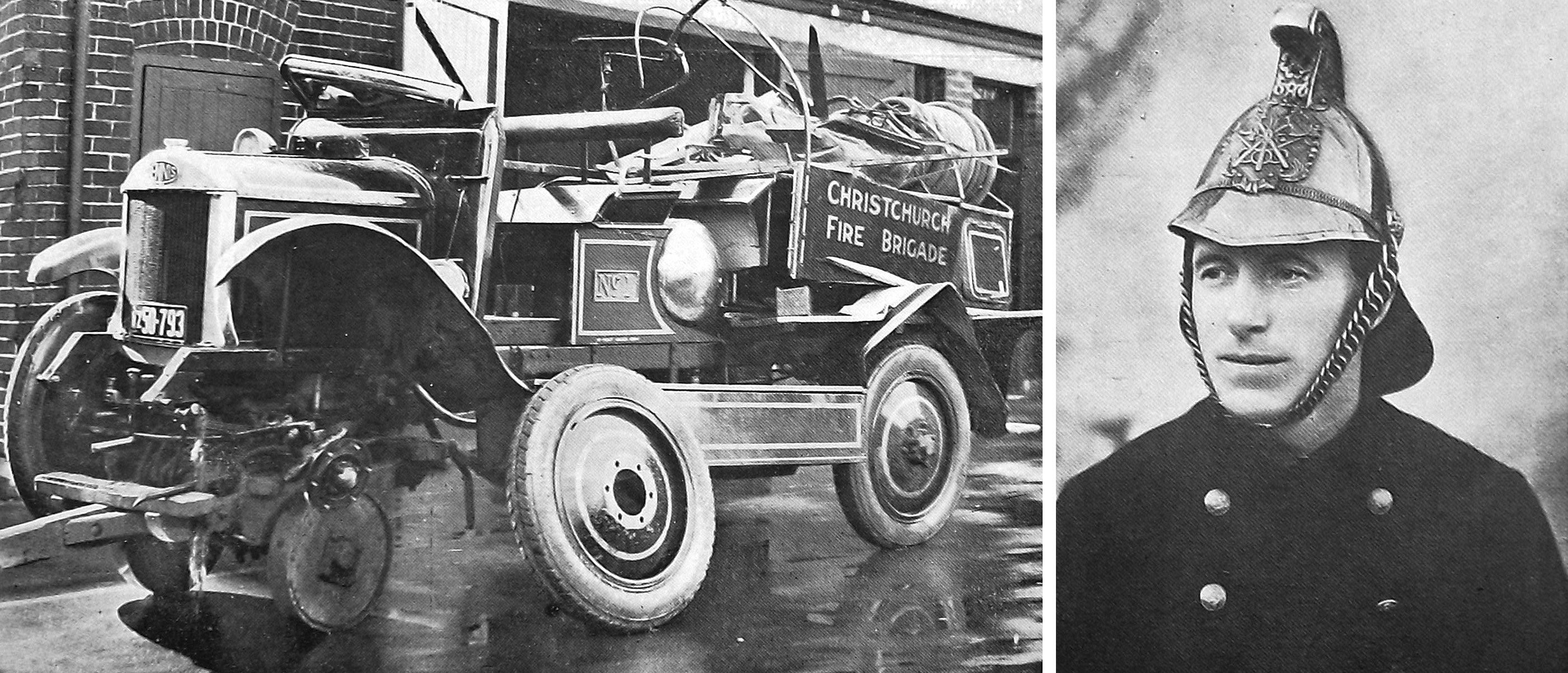

Lady Alice Fergusson this morning called at the hospital to inquire concerning the progress of the injured firemen. She also called at the fire brigade station to express sympathy. All the men are progressing favourably.
No economy of words
There is no Budget "Speech" in New Zealand. There is an elaborate proxy Statement, the import of which is known beforehand. It might be "taken as read". No expectancy or suspense, no opportunity for artful eloquence, no tax upon trained memory.
Library makeover
The reference department at the Dunedin Public Library now presents a very pleasing appearance, a number of improvements having been effected. The room has been oil-painted throughout, new shades have been fitted to the electric lights, and a few pot plants have been introduced. The room was reopened yesterday morning, and the new atmosphere created by the improvements should gain the appreciation of the students and others frequenting that section of the library.
It is the intention of Mr W.B. McEwan (the librarian) to have one room similarly treated every year until the whole building has been covered.
Liquid gold
The Mosgiel Borough Council inspector reported that on account of the wastage of water through people allowing taps to run all night in frosty weather, the reservoir had been run very low. It was decided to advertise a warning to all residents in this matter, and to have an inspection made of all taps in the borough with a view to conserving all water possible. The inspector mentioned that from 8pm on Saturday till 6am on Sunday, 17,500 gallons of water had been allowed to run to waste.
What happened to the crosses
It will be remembered that the Imperial War Graves Commission offered to make the wooden crosses over New Zealanders’ graves in France available to those relatives who desired to have them. The Government in the dominion, however, sent word that they did not intend to permit the crosses to be sent, and there the matter ended. The crosses are not what so many people supposed them to be. They are not the original ones placed over the graves by comrades on the field of battle. The crosses are uniform wooden ones placed over the graves some time after the armistice, until the permanent headstones could be erected. Original crosses would by this time be in such a condition as to defy further preservation. When a cemetery is complete with headstones, the remaining wooden crosses are collected in one pile and burned, and the ashes are reverently scattered over the cemetery.
— ODT, 17.6.1925 (Compiled by Peter Dowden)












